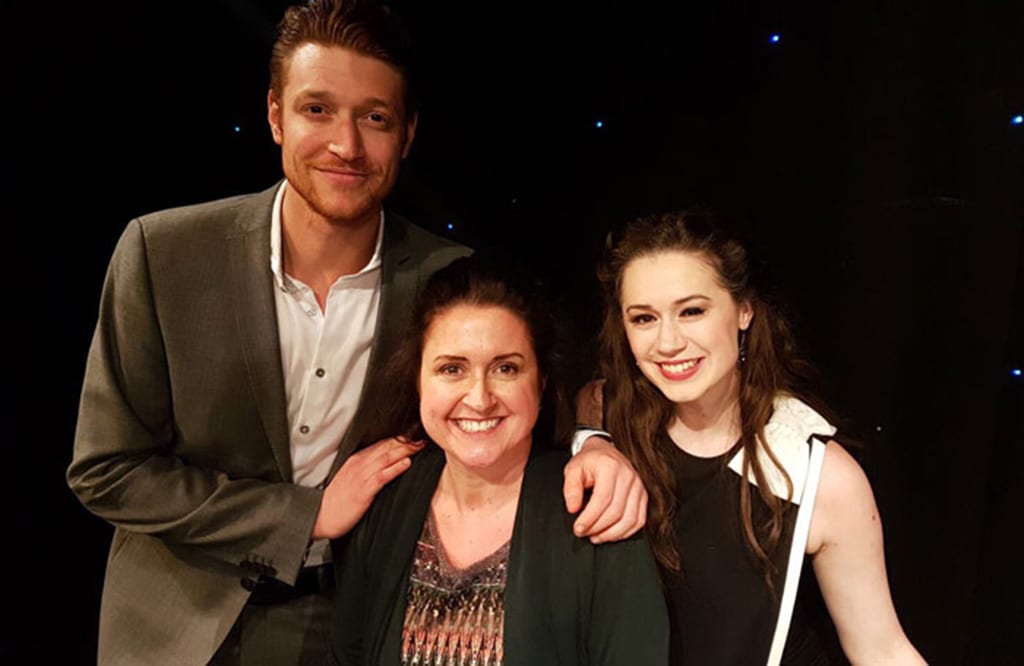Daniel Donskoy has a multi-faceted identity as actor, singer, dancer, polyglot, and former model with an upbringing spread across Russia, Israel, Germany and the United Kingdom. He makes a virtue of this natural diversity and abundance in his current cabaret show devoted to classic mid-20th century European chansons. The material ranges from the Russian cabaret artist Alexander Vertinsky through to Edith Piaf, together with an opening set of Weimar standards, and, perhaps most impressively, a selection of Yiddish classics, sung with great feeling and fervour. He is joined as a guest by Jackie Marks who takes on the Piaf numbers, and the evening is rounded off with a delightful duet version of Bei mir bist du shein.
The choice of programming and presentation is excellent. Donskoy has an unaffected but engaging manner, a winning energy, and is a natural communicator. The links between and reasons for the items are cogently and crisply explained. He also takes care to translate some of the verses in each song so that the audience is always connected with the meanings, even when ‘a little green cactus’ is in question. He sings with an unaffected simplicity and is very well supported by Inga Davis-Rutter’s characterful keyboard accompaniments, and two colleagues on electronic bass and drums/percussion.
There are some ways in which this performance could be tweaked to advantage: the arrangements could be transposed a little lower in places to avoid thinning of tone and strain in the highest register, and Donskoy needs to work out a wider vocabulary of gesture with the hand that is not holding the microphone. While the lighting cues were subtle and helped shift the atmosphere from one segment to the next, it was over-ambitious, especially with reticent English audiences, to set out informal cabaret-style tables for the audience in front of the fixed seating: this ended up creating something of a barrier and rarely works outside a regular cabaret venue.
It was a pleasure to hear this material delivered with such crisp and idiomatic diction in all the various languages. The songs of Weimar need a touch more dead-pan irony to yield their full riches (as for example in the performance style of Max Raabe), but in the Yiddish and Russian items Donskoy was fully at home, exploiting veins of sentiment and exuberance that reached out very successfully to the press night audience, and set up a lot of foot-tapping and clapping before the end. If one of the points of the evening was to show that this song literature is part of a common cultural inheritance rather than simply national fiefdoms, then it thoroughly succeeded.
As one of several guests lined up for the run, Jackie Marks delivered her usual polished and elegant performance, with real vocal chops. The Piaf numbers were a tad too slow for this reviewer’s taste: one can make too much of them and milk the emotion a little too much. However, this was first-rate singing and demonstrated excellent use of the microphone too.
Donskoy is in the fortunate position of being able to take his career in a variety of directions. Cabaret is an international genre that travels well, and with his unique cultural inheritance he has much to give and many intriguing programmes to devise that would appeal to audiences across Europe. Given his skills and the traditional focus of cabaret on satire and contemporary commentary it would be intriguing to see him attempt some compositions and commentary of his own to add to the rich literature he already commands. He is a young performer of great talent and potential, and definitely someone to look out for both at home and abroad.

